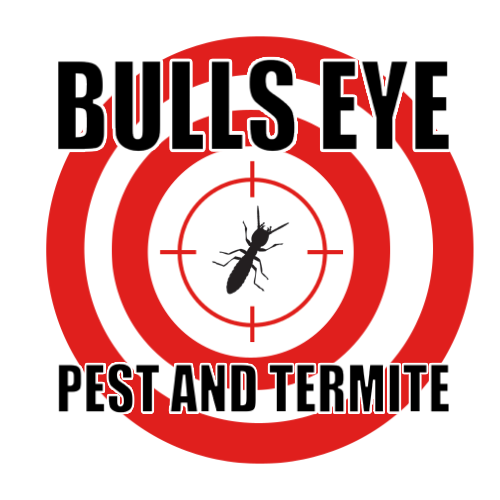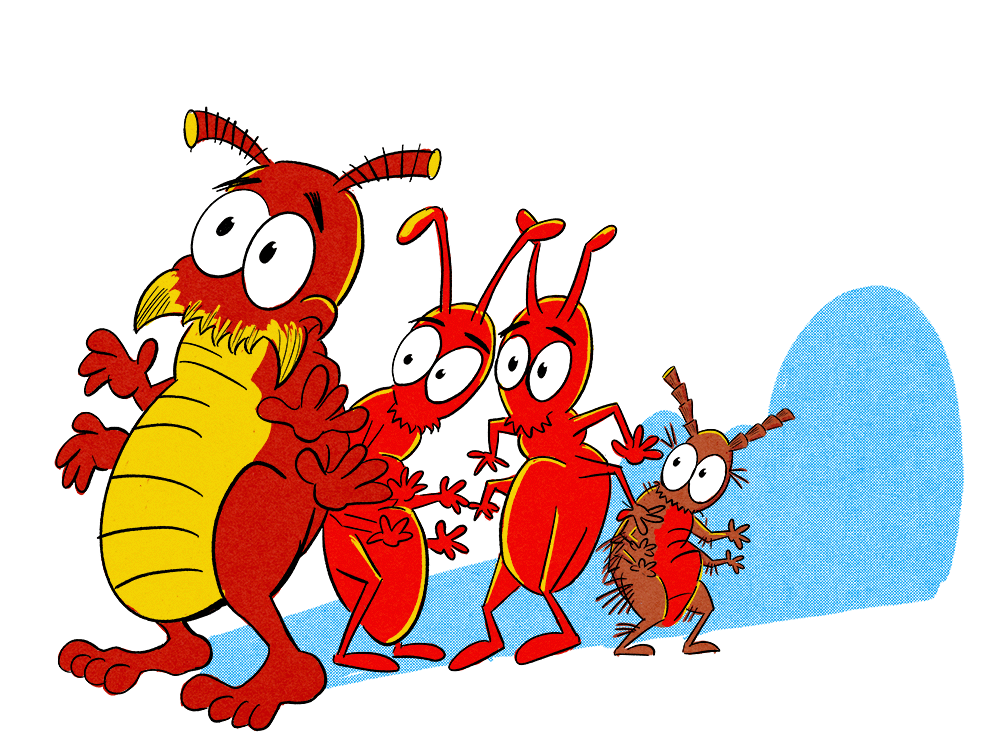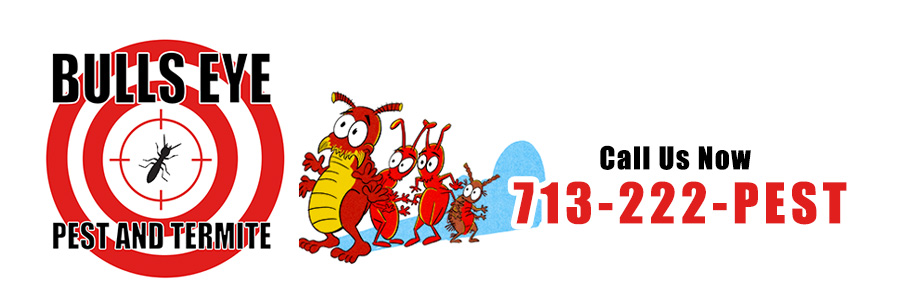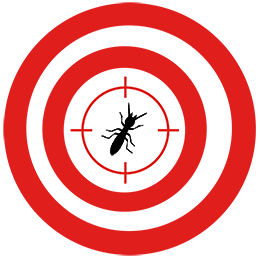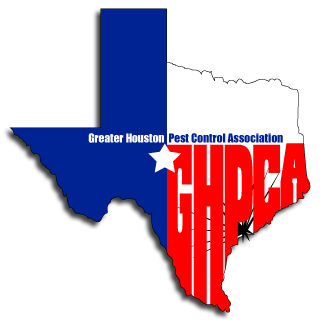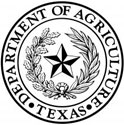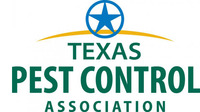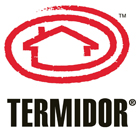Houston Pest Guide: Wasps
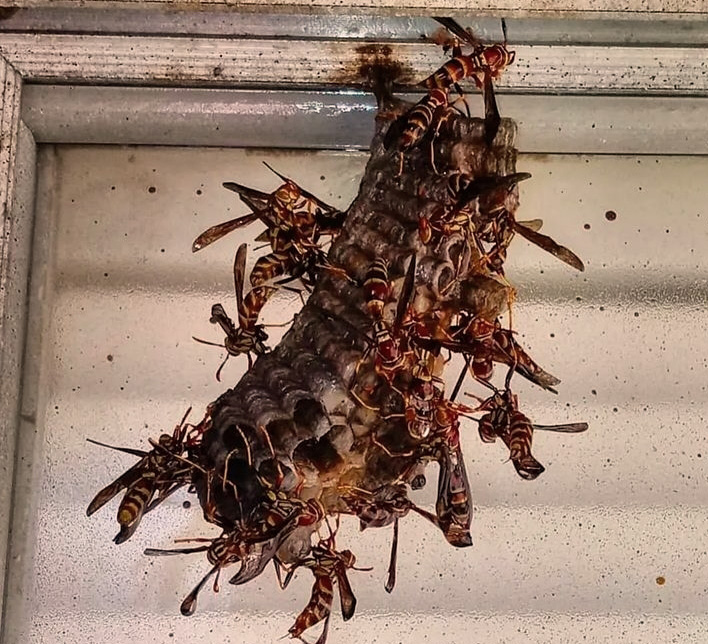
Wasps are a group of hard-shelled flying insects, which typically have a yellow or brownish body with darker stripes or markings. There are multiple species of wasps in Houston, and all of them are capable of stinging. Some of these wasp species are solitary, while others live in large colonies. While some wasps will avoid human contact, others will build nests near or even inside human homes and can be aggressive when disturbed.
These stinging insects can pose a serious risk to anyone allergic to their venom. Even to someone without an allergy, multiple stings cans pose a serious health risk, and even a single sting can be extremely painful.
Types of Wasps in Houston
Baldfaced Hornet
The baldfaced hornet is a large wasp, with a body length of up to 3/4 of an inch. They have shiny black bodies with contrasting white markings on the head and abdomen. Baldfaced hornets can easily be identified by their nests, which they build from old wood and paper that they chew into a kind of paper mache. These nests have a distinctive upside-down pear shape with an entry hole near the bottom. Nests can be very large, often between two and three feet in length. While they will usually nest in trees, baldfaced hornets will sometimes build nests on the side of a building. Baldfaced hornets are closely related to yellowjackets.
Mud Daubers
There are multiple species of solitary wasps commonly called mud daubers, all named for their habit of building nests from dried mud. These wasps are all around 3/4 of an inch to 1 inch in length and have different body colors depending on species. Mud daubers are generally non-aggressive and only become a problem pest if they build their nests on porches or inside garages or sheds.
Paper Wasp
Paper wasps are named for their habit of building nests of cellulose, which they produce by chewing wood. These nests are most often found under the eaves of homes, and are composed of a cluster of thin-walled, closely-joined hexagonal tubes. Mature nests can contain over 100 of these tubes. Paper wasps will vary in size and color depending on the species, and can have markings that range from an overall reddish brown for some species, to black and yellow stripes that closely resemble a yellowjacket for others.
Southern Yellowjacket
Southern yellowjackets are smallish, stinging insects that rarely grow more than 1/2 an inch in length. They are recognizable by their black bodies with bright yellow markings on the head and abdomen. Yellowjackets will usually nest in underground burrows, although the have also been known to build their nests in the walls of houses. Yellowjackets are a particularly problematic pest in Houston because the mild winters allow colonies to survive and expand from year to year. Nests can grow to cover an area several feet wide and can contain thousands of individual insects.
Getting rid of Wasps
Treating for wasps and hornets should be done with caution. The nests of some species can contain hundreds of individuals, and these insects will swarm if they feel threatened. Multiple wasp stings can be dangerous even for someone who isn't allergic to wasp venom.
Large nests should always be removed by a professional, and those with allergies should contact an exterminator for any kind of wasp infestation. If you have a wasp problem, give Bulls Eye a call at 713-222-PEST (7378) and we'll be happy to come out and take care of it for you.Request a Quote
713-222-PEST (7378)
By submitting, you agree to receive occasional text messages or emails for appointment reminders and promotions from Bulls Eye Pest and Termite. To opt-out reply STOP at any time. Msg & Data rates may apply.
What Our Customers Are Saying
Great job!
Courtney
Very thorough, excellent customer service.
Oluniyi
Super thorough, super friendly!
Penny
Adam does such a thorough job for us! My whole family uses him. He is so dependable and trustworthy. I feel he treats our home as if it was his own and that makes me feel secure and pest free!
Rama
